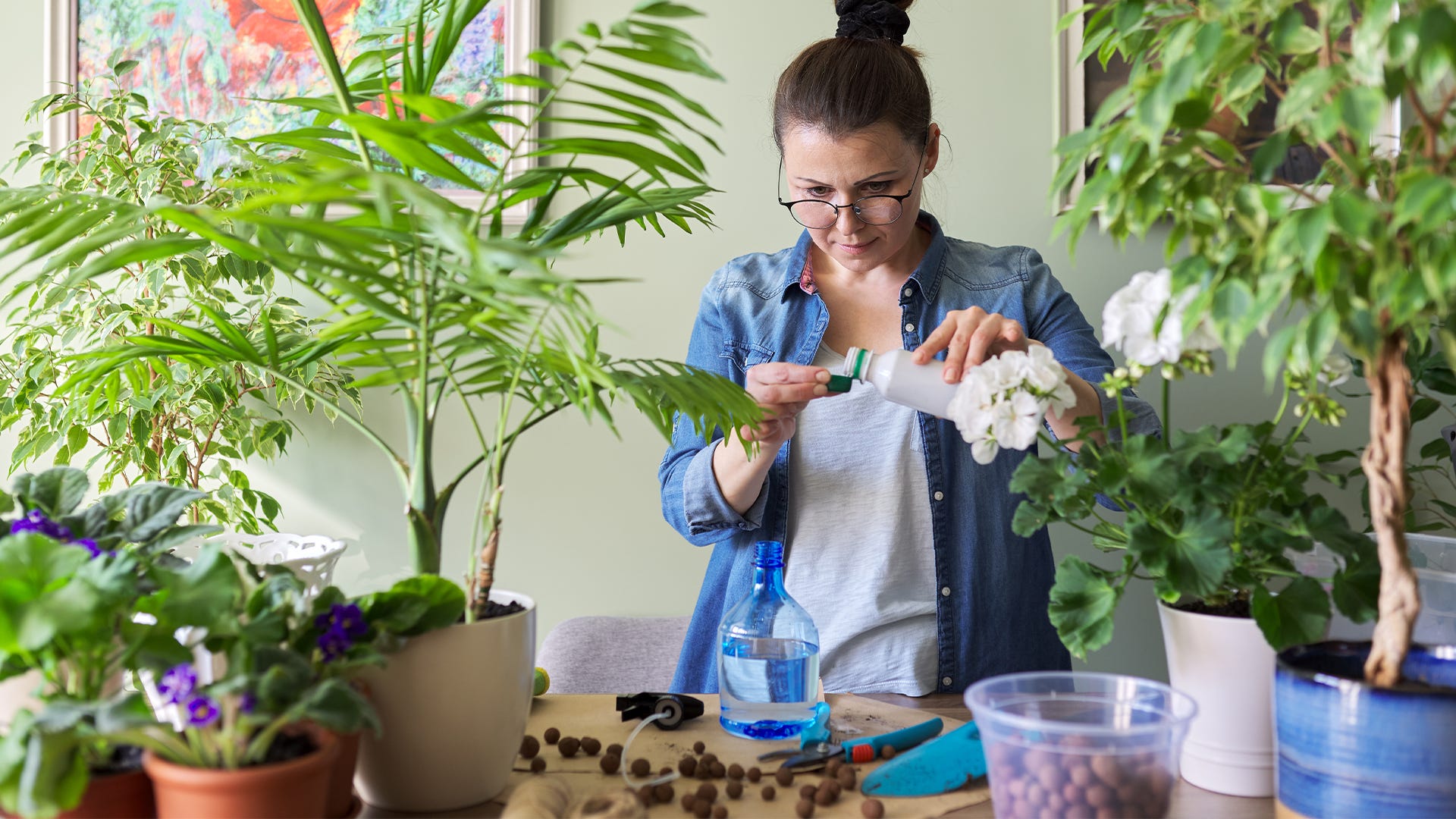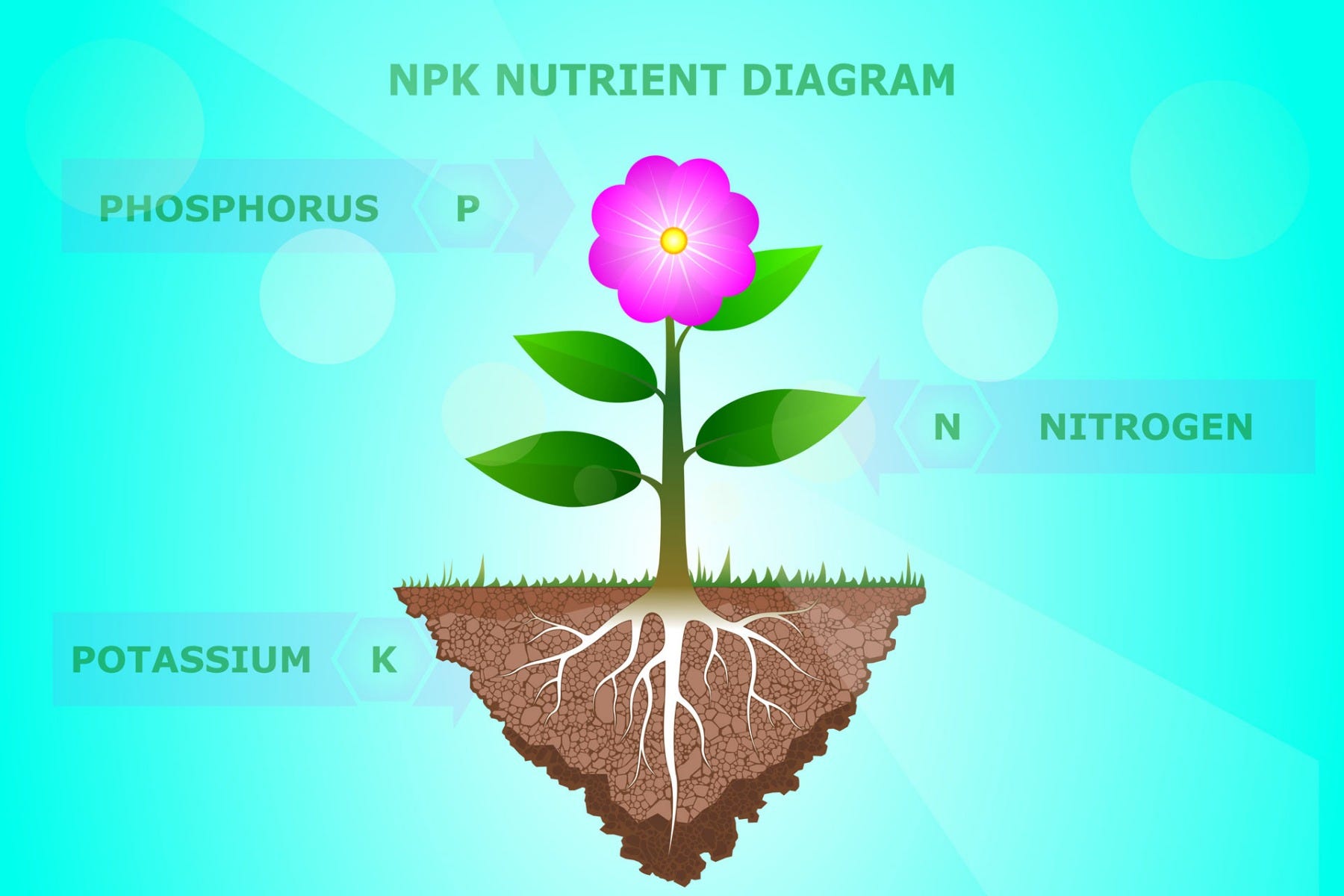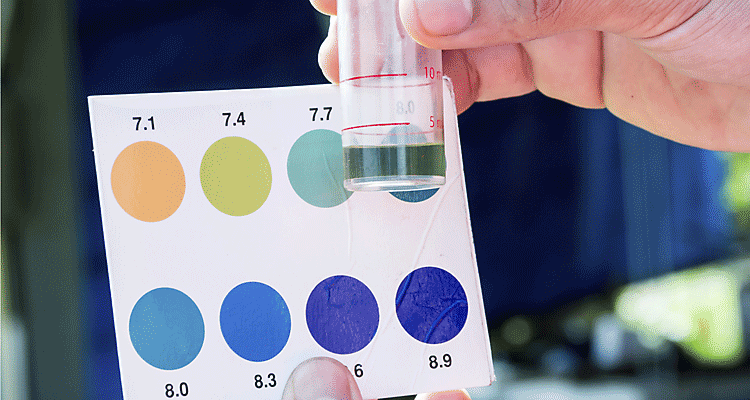
Hydroponic gardening and gardening in general can be overwhelming when you're just beginning. To take some of the stress away and make gardening more fun, we've compiled a list of our most frequently asked questions when it comes to hydroponic gardening. So many people have been in your shoes, so here is a chance to learn from these common questions and make your gardening experiences more successful.
Q: Every fertilizer comes with an N-P-K rating. What do the letters stand for?
A: N, P, and K are, respectively, the chemical symbols for nitrogen, phosphorus, and potassium, the macronutrients that plants must have to survive.
Q: What does the rating mean?

A: The rating indicates the percent by volume of the nutrients in the fertilizer. For example: a product with a 10-10-10 rating has an equal percentage by volume of all three macronutrients, while one labeled 10-5-5 has more nitrogen than phosphorus and potassium.
Plants need all three, but in the vegetative growth cycle, they rely more heavily on nitrogen, and when they prepare to flower, demand for phosphorus increases.
Q: What’s the difference between synthetic and organic hydroponic fertilizers?
A: The nitrogen in many synthetic plant foods comes from ammonium nitrate, which is why those blue or green plant foods smell like bathroom cleaner. Ammonium nitrate, which is derived from petroleum by-products, is like steroids for plants, promoting fast but unsustainable growth.
Fish-based fertilizers are made with a renewable resource that feeds plants healthy doses of nitrogen and nourishes a robust population of beneficial microbes. Organic hydroponic fertilizers have a strong odor too—something like decay—but when well-filtered, they are as convenient to use as synthetics.
Q: What minerals do plants need?
A: Plants need calcium to build the strong cell walls that protect them from bruising and diseases. Iron is essential to photosynthesis. Zinc supports leaf production. Like people, plants need these nutrients to stay healthy and grow vigorously. Kelp-meal extracts, an organic resource, are rich in these minerals.
Q: Why should you test the pH when feeding your plants?

A: For hydroponic plants to take up nutrients, they must be fully dissolved. Each nutrient has its own range of pH (acidity or alkalinity) at which it is dissolved. For instance, if the pH falls below 5.5, plants are not able to absorb the nitrogen.
Many of the key nutrients, such as phosphorus and iron, are less available to plants when the pH goes above 7.5. Because the most critical nutrients peak from 5.5 to 6.5, that’s the ideal range for your hydroponic plants. Synthetic fertilizers, which are high in salts, push pH toward acidity.
Q: Is it best to feed plants when the lights are on or off?
A: Photosynthesis results in the conversion of light into cellulose, the starch that plants’ cell walls are made from. Nutrients help fuel the process, so they need to be available when the lights are on. In whichever hydroponic system you use, be sure to provide the nutrient solution when you turn the lights on and to keep it available to the roots throughout the “day” portion of the cycle.
Because fungi thrive in dark, moist places, do all you can to keep the nutrient solution sealed up when the lights are off. This will help defend your plants against invading fungi.
Q: How long does nutrient solution last?
A: Whether you’re using a recirculating setup, the nutrient film technique, reservoirs, or any other hydroponic system, you want to mix up only the amount of nutrient solution you can use in a day. Beyond a day, the nutrient levels begin to drop.
Further, oxygen levels also drop as the solution sits through the day. Refresh the oxygen by gently stirring the solution or splashing it from one container to another.
Have More Questions?
Visit our learning center to get more in depth answers to many of your lawn care, gardening, growing organically questions. Our Facebook page is another way to get answers to your questions or to share your experiences. We love hearing about your gardening adventures and seeing your photos! To keep up with the latest news, tips, articles, and more, sign up for our e-newsletter. You'll get access to exclusive offers and be among the first to know about new and exciting products that can help take your garden to the next level!



